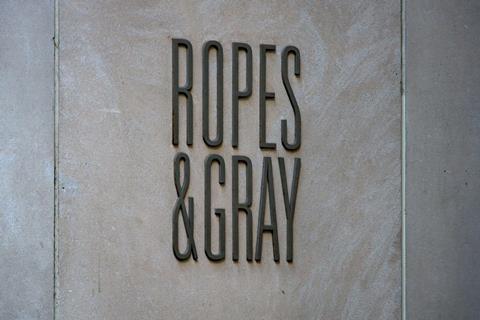The rush to equip young lawyers with skills in AI and automation has taken another leap forward, with an international firm including this training as a core part of the working week.
First-year associates at Boston-based Ropes & Gray are being encouraged to dedicate around 20% of their billable time to training in generative AI adoption and integration. Following the start of a pilot in the US, the firm is now in the process of rolling out a similar programme in all of its offices, including in the UK.
Under the scheme, first years can replace billable hours with time spent mastering the firm’s AI tools, evaluating new and emerging capabilities, creating customised prompts for client projects, innovating through experimentation and co-creation, and strengthening their overall AI acumen.
Read more

Ropes & Gray announced in August it had expanded its partnership with AI provider Hebbia to streamline the complex document review and data analysis processes inherent in high-stakes transactions. The firm says this platform enables fund formation and deal teams to identify key provisions, analyse precedent, and uncover critical insights from vast amounts of information with greater speed and precision.
‘Transactions move quickly, and our clients expect us to deliver sharp, actionable insights on tight timelines,’ said Melissa Bender, asset management partner and co-lead of the private funds group.
Leading firms are considering how best to equip associates with the required skills to use and benefit from the new technology available. One example is international firm Kennedys, which is working with generative AI platform Spellbrook to roll out a training programme for its juniors to adapt to the changed nature of junior level legal work.
The firm says that AI and automation threaten to erode junior-level work, such as first-draft contract preparation and document review, and without intervention this shift risks leaving junior lawyers without the practical exposure needed to develop essential skills.
Senior partner John Bruce said: ‘As AI accelerates change across the legal sector, we have a responsibility to ensure junior lawyers aren’t left behind. This programme is about creating AI-fluent lawyers: professionals who can combine deep legal reasoning with the ability to work seamlessly alongside AI tools.’
This article is now closed for comment.



























7 Readers' comments